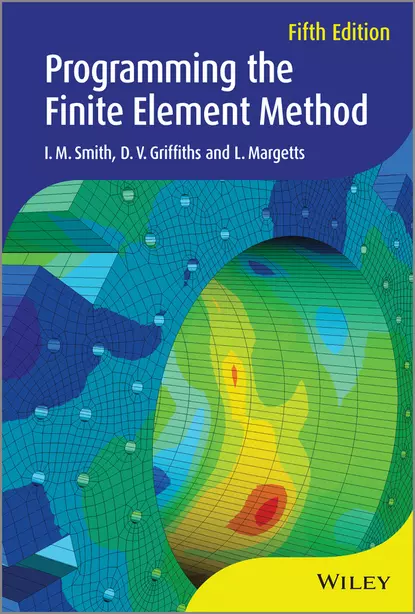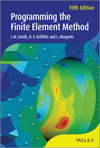Objętość 684 strony
Programming the Finite Element Method
O książce
Many students, engineers, scientists and researchers have benefited from the practical, programming-oriented style of the previous editions of Programming the Finite Element Method, learning how to develop computer programs to solve specific engineering problems using the finite element method.
This new fifth edition offers timely revisions that include programs and subroutine libraries fully updated to Fortran 2003, which are freely available online, and provides updated material on advances in parallel computing, thermal stress analysis, plasticity return algorithms, convection boundary conditions, and interfaces to third party tools such as ParaView, METIS and ARPACK. As in the previous editions, a wide variety of problem solving capabilities are presented including structural analysis, elasticity and plasticity, construction processes in geomechanics, uncoupled and coupled steady and transient fluid flow and linear and nonlinear solid dynamics.
Key features:
• Updated to take into account advances in parallel computing as well as new material on thermal stress analysis • Programs use an updated version of Fortran 2003 • Includes exercises for students • Accompanied by website hosting software
Programming the Finite Element Method[/i], Fifth Edition is an ideal textbook for undergraduate and postgraduate students in civil and mechanical engineering, applied mathematics and numerical analysis, and is also a comprehensive reference for researchers and practitioners.[/i]
Further information and source codes described in this text can be accessed at the following web sites: • www.inside.mines.edu/~vgriffit /PFEM5 for the serial programs from Chapters 4-11 • www.parafem.org.uk for the parallel programs from Chapter 12











